Best movies like The Prince and the Dybbuk
A unique, carefully handpicked, selection of the best movies like The Prince and the Dybbuk Starring Michał Waszyński, and more. If you liked The Prince and the Dybbuk then you may also like: The Zookeeper's Wife, The Great Way, The Wonderful, Horrible Life of Leni Riefenstahl, Nightmares in Red, White and Blue, Burden of Dreams and many more popular movies featured on this list. You can further filter the list even more or get a random selection from the list of similar movies, to make your selection even easier.
A cinematic journey on the trail of a mysterious filmmaker. Prince Michal Waszynski, Poland's top pre-war, director who later became an influential figure in the broader European film scene. He produced big Hollywood cinema hits with Sophia Loren and Claudia Cardinale, but his most spectacular creation was his own life. Prince Michal was an extraordinary human chameleon who, with the help of the magical invention of cinema, continually changed his identity.
You may filter the list of movies on this page for a more refined, personalized selection of movies.
Still not sure what to watch click the recommend buttun below to get a movie recommendation selected from all the movies on this list
The Great Way
A pair of Poles deported to Siberia are taken to the army formed by General Anders and along the battle trail.
The Wonderful, Horrible Life of Leni Riefenstahl
This documentary recounts the life and work of one of most famous, and yet reviled, German film directors in history, Leni Riefenstahl. The film recounts the rise of her career from a dancer, to a movie actor to the most important film director in Nazi Germany who directed such famous propaganda films as Triumph of the Will and Olympiad. The film also explores her later activities after Nazi Germany's defeat in 1945 and her disgrace for being so associated with it which includes her amazingly active life over the age of 90.
Nightmares in Red, White and Blue
An exploration of the appeal of horror films, with interviews of many legendary directors in the genre.
Burden of Dreams
The Amazon rain forest, 1979. The crew of Fitzcarraldo (1982), a film directed by German director Werner Herzog, soon finds itself with problems related to casting, tribal struggles and accidents, among many other setbacks; but nothing compared to dragging a huge steamboat up a mountain, while Herzog embraces the path of a certain madness to make his vision come true.
The Man Who Cried
A young refugee travels from Russia to America in search of her lost father and falls in love with a gypsy horseman.
Schlock! The Secret History of American Movies
Hollywood is a town of tinsel and glamour; but there is another Hollywood, a place where maverick independent exploitation filmmakers went toe to toe with the big guys and came out on top.
Sex and Buttered Popcorn
Actor Ned Beatty hosts a look at the genre known as "exploitation" films. Interviews with some of the producers and directors of these films are shown, along with scenes from and trailers for some of these films.
Pornography
Two intellectuals, a writer and a director, begin to play a mysterious psychological game in a peaceful countryside manor house during the Nazi occupation.
The Great Buster: A Celebration
A celebration of the life and career of one of America's most influential and celebrated filmmakers and comedians—Buster Keaton—whose singular style and fertile output during the silent era created his legacy as a true cinematic visionary.
Luchino Visconti
A chronological look at the creative life of Luchino Visconti (1906-1976). It examines his theatricality, role in the neorealist movement, use of melodrama, and relation to decadence. It touches on the impact of a fabulously wealthy childhood, his writing for "Cinema," his politics, his work with Renoir, his appreciation of Thomas Mann, and his deep knowledge of literature and the arts. Visconti moves constantly between film and the theater, staging plays provocatively, working with Maria Callas at La Scala, and shooting films in theaters. Clips from his films and interviews with actors, crew members, and critics provide details for this portrait of creativity.
Making Waves: The Art of Cinematic Sound
An exploration of the history, artistry and emotional power of cinema sound, as revealed by legendary sound designers and visionary directors, via interviews, clips from movies, and a look at their actual process of creation and discovery.
Fellini: I'm a Born Liar
A look at Fellini's creative process. In extensive interviews, Fellini talks a bit about his background and then discusses how he works and how he creates. Several actors, a producer, a writer, and a production manager talk about working with Fellini. Archive footage of Fellini and others on the set plus clips from his films provide commentary and illustration for the points interviewees make. Fellini is fully in charge; actors call themselves puppets. He dismisses improvisation and calls for "availability." His sets and his films create images that look like reality but are not; we see the differences and the results.
Group Portrait with a Lady
The story follows the life of a regular German women Leni Gruyten during the 1930s and 1940s. Through her interactions with friends, family and other people she knows, the regular folks' perception of the Nazi era is shown.
From a Far Country
This heroic story follows the life of Karol Wojtyla, a Polish Roman catholic who ascends the throne of St. Peter as Pope John Paul II. As a young boy, Karol is a bright and talented student. Archbishop Sapieha recognizes the very special, moving qualities Karol possesses and encourages him to consider the priesthood. Although determined to study Polish literature, Karol turns to the church; he is ordained and studies in Italy, France, and Belgium. Torn by fear and repression in post-Stalin Eastern Europe, Karol becomes a poisonous thorn in the communists' side. His deer reverence and commitment return him to Poland as Pope John Paul II.
Wherever You Are...
An Uruguayan diplomat brings his new wife with him on a business trip to Poland in the summer immediately preceding the outbreak of World War II.
Birthplace
Henryk Greenberg is a Polish-born American who lost much of his family in the Holocaust. Certain of the location where his father and younger brother were murdered, Greenberg returns to find most of his former neighbors predictably claiming foggy memories at first; but soon their recollections come more easily.
Christopher and His Kind
In 1931, budding author Christopher Isherwood goes to Berlin at the invitation of his friend W. H. Auden for the gay sex that abounds in the city. He falls for street sweeper Heinz, paying medical bills for the boy's sickly mother, to the disapproval of her other son, Nazi Gerhardt.
Shirley
Shirley is the youngest of eight children from a mixed race marriage. By the time she is a toddler the family have moved to the all white area of Splott and by the time she is 12 Shirley has discovered she has an extraordinary voice and can earn money singing in pubs around the docks after her father if jailed for sexual crimes. As a young teenager she begins singing and dancing in 'coloured review shows'. But it is a chance meeting with struggling agent Mike Sullivan that changes her life forever. He promises to make her a star, but has no idea of the personal sacrifice that will mean for the teenaged Shirley.
Kike Like Me
Documentary in which filmmaker Jamie Kastner goes on a personal journey to find out what it means to be Jewish in the modern world. Along the way he meets anti-semitic politician Pat Buchanan, Israeli novelist AB Yehoshua, British anti-Israeli curmudgeon Richard Ingrams and Hasids in Brooklyn; he causes a near-riot in a Parisian suburb simply by asking what people think about Jews; and he meets the 'dominatrix' behind Berlin's largest memorial to dead Jews. (Storyville)
In the Presence of Mine Enemies
In the Warsau ghetto of 1943, one man's struggle to keep his family together leads him to the ultimate crisis of faith and one final chance at redemption.
Enfant Terrible
When 22-year-old Rainer Werner Fassbinder storms the stage of a small, progressive theatre in Munich 1967, and seizes the production without further ado, nobody suspects this brazen young rebel to become one of the most important post-war German filmmakers. Despite early setbacks, many of his films breakout at the most renowned films festivals and polarise audience, critics and filmmakers alike. His radical views and self-exploitation, as well as his longing for love, have made him one of the most fascinating film directors of this time.
My Name Is Sara
The true life-story of Sara Góralnik, a 13 year-old Polish Jew whose entire family was killed by Nazis in September of 1942. After a grueling escape to the Ukrainian countryside, Sara steals her Christian best friend’s identity and finds refuge in a small village, where she is taken in by a farmer and his young wife. She soon discovers the dark secrets of her employers’ marriage, compounding the greatest secret she must strive to protect, her true identity.
Jerry Lewis: The Man Behind the Clown
Since the early days, Jerry Lewis—in the line of Chaplin, Keaton and Laurel—had the masses laughing with his visual gags, pantomime sketches and signature slapstick humor. Yet Lewis was far more than just a clown. He was also a groundbreaking filmmaker whose unquenchable curiosity led him to write, produce, stage and direct many of the films he appeared in, resulting in such adored classics as The Bellboy, The Ladies Man, The Errand Boy, and The Nutty Professor.
Nazi Titanic
During a bizarre chapter of WWII, Nazi propaganda minister Joseph Goebbels decided to make a movie based on the sinking of the Titanic. This epic film was so large in scale that the Nazis were forced to divert men, material and ships from the war effort in order to complete it. Titanic was filmed aboard cruise ship SS Cap Arcona in the Baltic Sea. The movie’s director Herbert Selpin was arrested by the Gestapo over comments he made about the ship’s crew and he was questioned by Goebbels. Selpin was found dead the next day in his cell. The Gestapo’s verdict was suicide. Titanic never received the impressive premiere that Goebbels intended, being first shown in Nazi-occupied Paris in 1943. We reveal this little known but fascinating story by looking at the making of the film, as well as the fate of the German ship Cap Arcona.
Billy Wilder Speaks
In 1988, German filmmaker Volker Schlöndorff sat down with legendary director Billy Wilder (1906-2002) at his office in Beverly Hills, California, and turned on his camera for a series of filmed interviews. (A recut of the 1992 TV miniseries Billy, How Did You Do It?)
The Secret Diary of the Holocaust
The Secret Diary Of The Holocaust tells the extraordinary tale of a 14-year-old Polish girl, Rutka Laskier, who was murdered at Auschwitz in 1943. In 2005, the school notebook in which Rutka recorded her last months in the ghetto of Bedzin was made public, six decades after she hid it under the floorboards of her home there. Rutka was immediately dubbed the 'Polish Anne Frank'. In her diary, Rutka wrote about her life in the ghetto in 1943, detailing not just the Nazi atrocities, physical hardship and hunger, but also how she was developing as a young woman. She also tells how she made a daring escape from one of the early 'aktions', Nazi round-ups of Jews for transportation. The documentary will unravel Rutka's story through the eyes of her half-sister, Israeli academic Zahava Scherz, on a journey to Poland in search of the sister she never knew.
The Moon and the Stars
1939: Rome stands on the brink of World War II. In the midst of this political and social tension famed producer Davide Rieta is making a major film. The two lead actors, the German woman Kristina Baumgarten and the English man James Clavel ace each others' initial antagonism and eventually fall in love. Meanwhile the fascist police are looking for an excuse to arrest the Jewish filmmaker and any other potential "troublemakers." The producer and his crew decide to make one final extraordinary effort to complete the film - against all odds.
The Spinning Wheel of Time
A filmmaker and his actress wife move into the filmmaker’s cabin in the woods, where they haven’t been for ten years. He sets about filming whatever he can in the area, including an alluring blonde who lives nearby.
Sharksploitation
The ultimate deep dive into the world of shark cinema: filmmakers, critics, scholars and conservationists explore the weird, wild cinematic legacy of sharks on film and audiences' undying fascination with these misunderstood creatures.
The Secret Glory
A British-produced documentary about the bizarre life of Nazi SS officer Otto Rahn, focused on his search for the mystical Holy Grail of Christ.



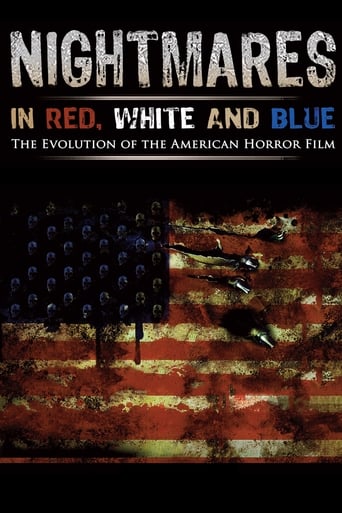

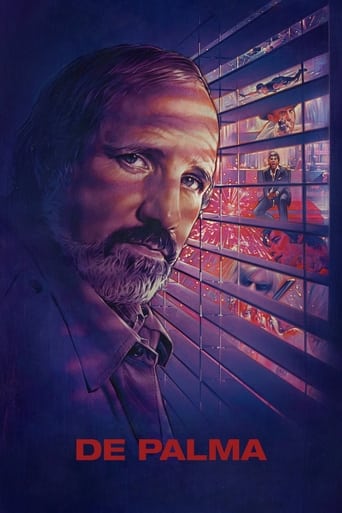





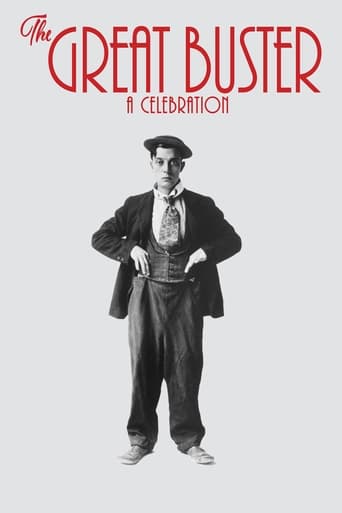

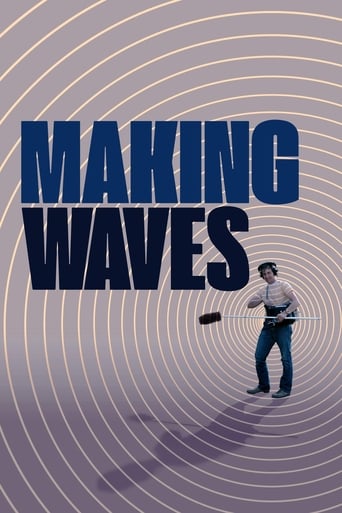


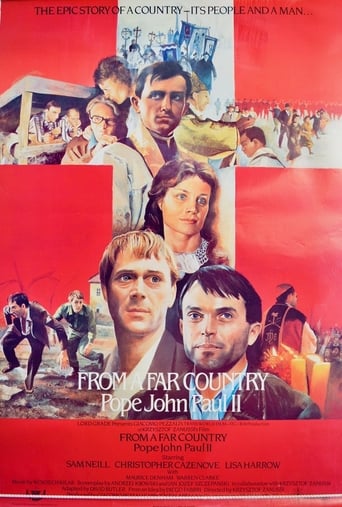
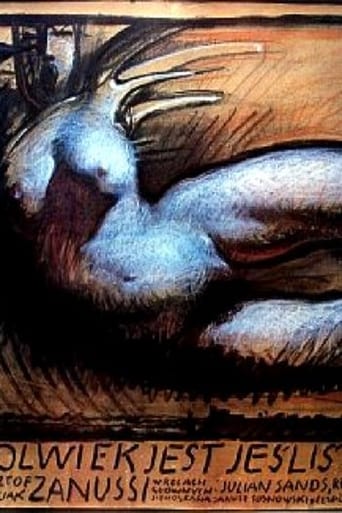





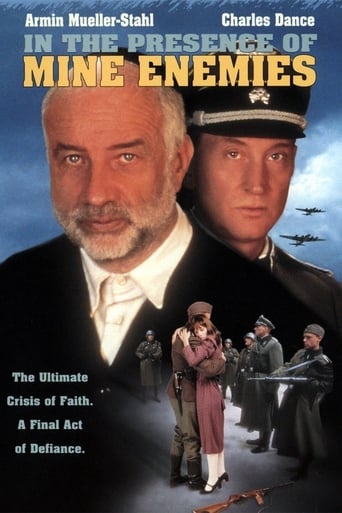









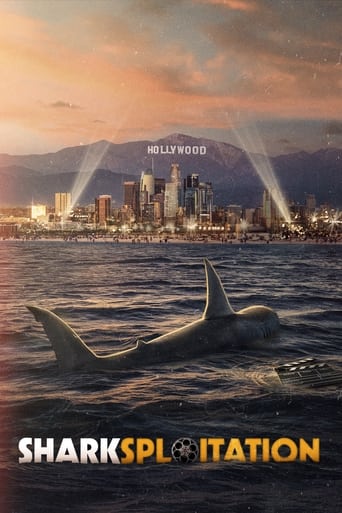
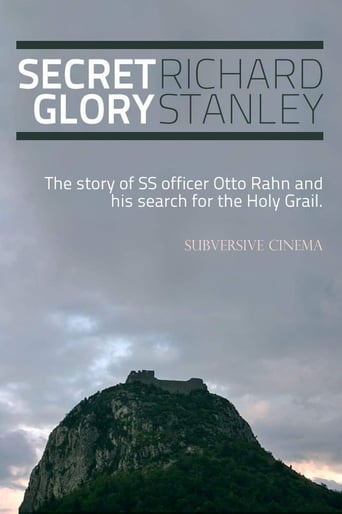
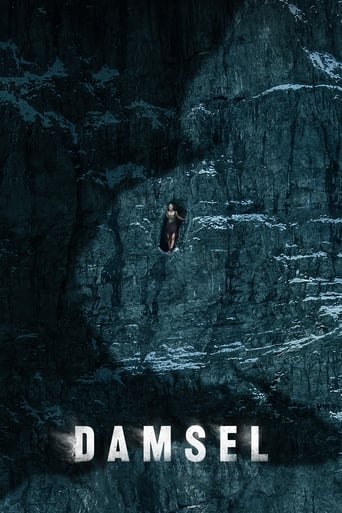
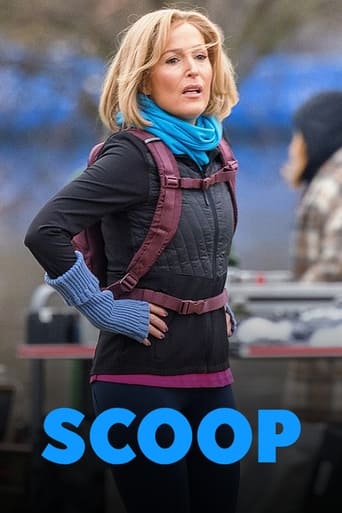
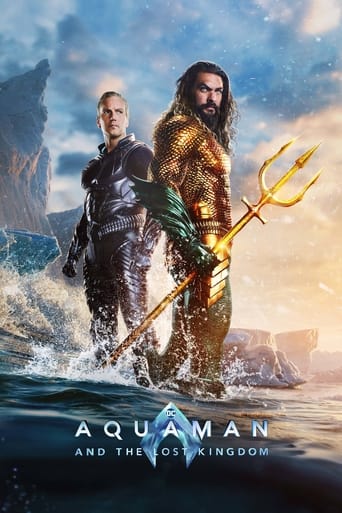
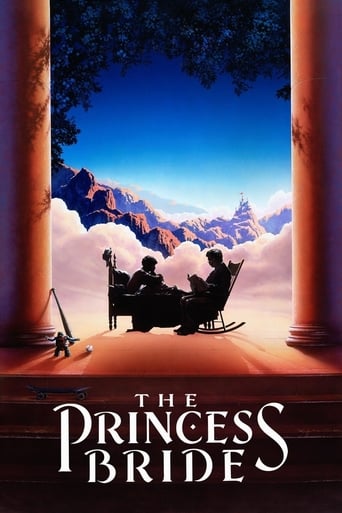
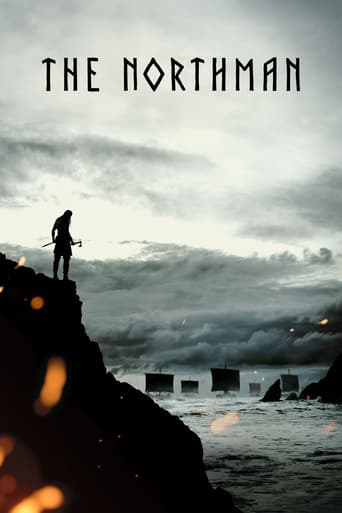
The Zookeeper's Wife
The account of keepers of the Warsaw Zoo, Jan and Antonina Zabinski, who helped save hundreds of people and animals during the Nazi invasion.